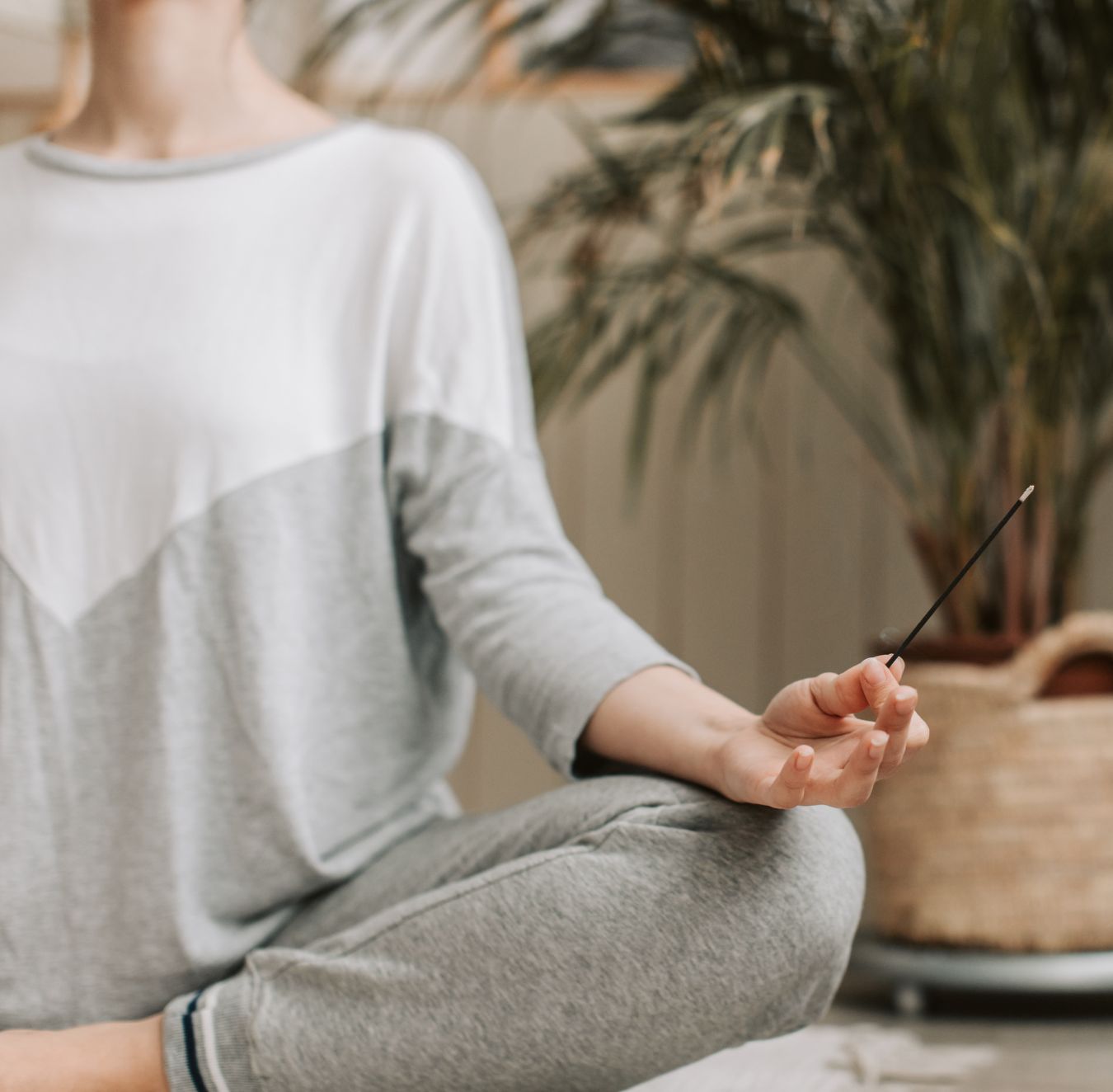Have you ever tried to relax, but instead of feeling calm, you felt more anxious or on edge? This experience is more common than you might think and is known as Relaxation Induced Anxiety (RIA). For many people dealing with stress, anxiety, or conditions like IBS, relaxation can be tricky. In this post, we’ll explore why RIA happens and how you can approach relaxation differently.
What is Relaxation Induced Anxiety?
Relaxation Induced Anxiety (RIA) happens when people feel anxious when they attempt to relax. Instead of experiencing peace and calm, they may feel restless, tense, or even more uneasy. This might seem counterintuitive, but when the body is so used to operating in a state of high alert, relaxation can feel uncomfortable or even unsafe.
Why Does Relaxation Induce Anxiety?
When we’re constantly in a state of stress, our bodies get stuck in “fight-or-flight” mode, making relaxation feel unnatural. For those with conditions like IBS, this can be especially challenging since anxiety often manifests physically, particularly in the gut.
The mind might also associate relaxation with vulnerability or loss of control, leading to discomfort or worry. In these cases, the body resists letting go, and the process of relaxing can trigger even more anxiety.
Signs of Relaxation Induced Anxiety
If you experience RIA, you may notice symptoms like an increased heart rate, shallow breathing, or muscle tension when you try to relax. Mentally, your mind might race, or you may feel a lingering sense of unease. This can happen during meditation, deep breathing, or even when you’re simply trying to rest.
How to Approach Relaxation Gently
If you struggle with relaxation, you don’t have to dive straight into long sessions of deep meditation or prolonged relaxation techniques. In fact, that might make things worse. Instead, it’s helpful to start slow and introduce your body and mind to relaxation in smaller, more manageable ways.
Start with Short Relaxation Practices
Rather than forcing yourself to relax for long periods, start with just a few minutes. Try brief moments of mindfulness, focusing on your breath or simply being present in the moment. This gentle approach can help your nervous system adjust slowly and ease you into a state of calm without overwhelming you.
Breathing Exercises
Controlled, gentle breathing techniques are incredibly effective at calming the nervous system. You can start with simple exercises like deep belly breathing or alternate nostril breathing, which can be done in just a few minutes and have a significant calming effect on both the mind and body.
Guided Body Scans
Another helpful tool is a guided body scan. This practice involves bringing your attention to different parts of your body, noticing sensations, and releasing tension. It’s a great way to connect with your body without pushing for deep relaxation immediately. Body scans can help ease your mind into a calmer state by simply focusing on physical sensations.
Using the Calm Gut App for Gentle Relaxation
If you’re looking for structured support to manage relaxation-induced anxiety, my Calm Gut app is designed to help people with IBS and anxiety achieve a state of calm without overwhelming the system. The app includes:
- 5-minute Relief Hypnosis Sessions: Perfect for gently easing into relaxation without feeling overwhelmed.
- Guided Breathing Exercises: These exercises are designed to help calm the nervous system and promote a sense of balance.
- Guided Body Scans: A step-by-step guide to becoming aware of your body and reducing tension without forcing relaxation.
These tools are created to meet you where you are, helping you introduce relaxation slowly and in a way that feels safe.
Final Thoughts
If relaxation feels difficult or even anxiety-inducing, know that you’re not alone. It’s important to be patient with yourself and start small. Whether through short moments of mindfulness, breathing exercises, or guided body scans, you can train your nervous system to respond to relaxation more positively.
The Calm Gut app is here to support you, offering a variety of tools and sessions that help you gently ease into a state of calm. Take your time, and remember—relaxation is a journey, not a destination.
